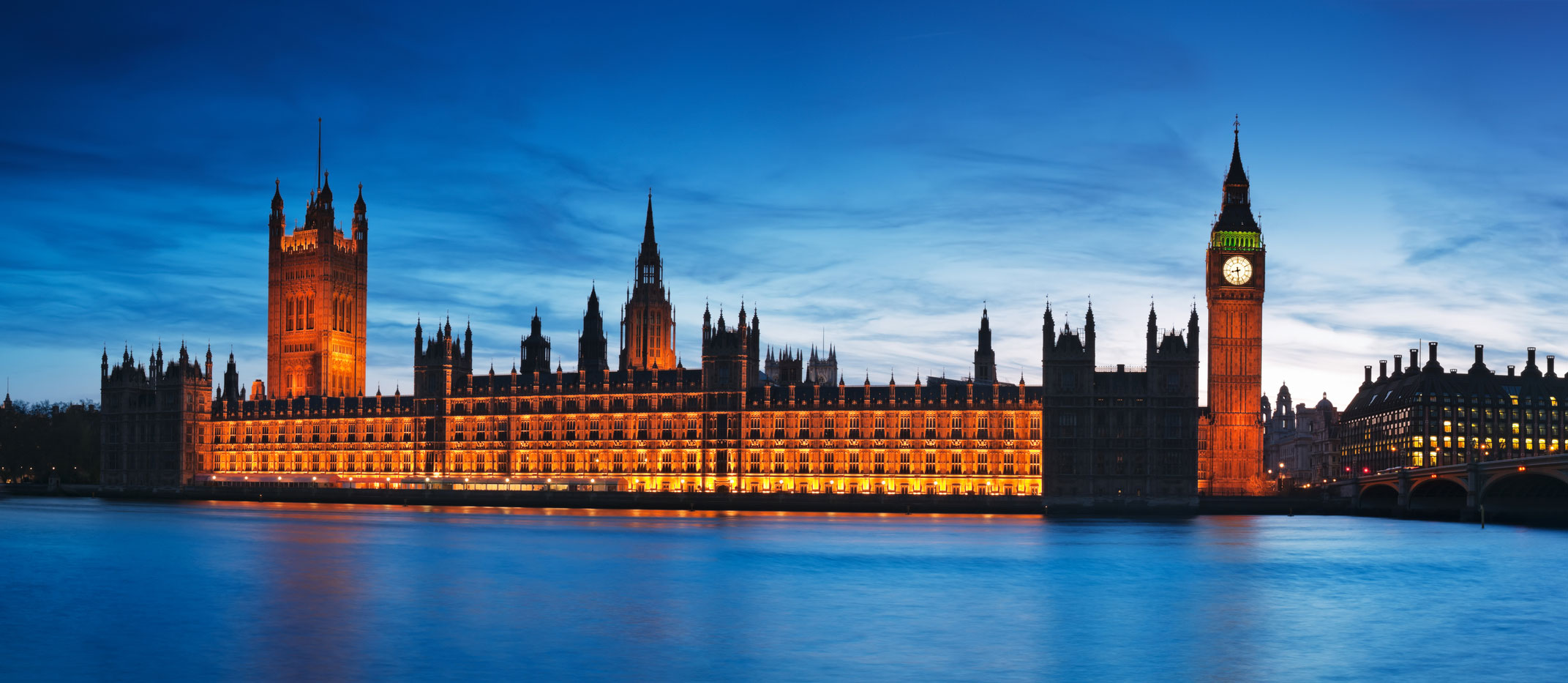Leaving Australia for Australians and permanent residents
If you are an Australian citizen or a permanent resident you cannot leave Australia due to COVID-19 restrictions unless you have an exemption. You can apply online but you must meet at least one of the following: The current travel ban date is up to 17 June 2021.
- your travel is as part of the response to the COVID-19 outbreak, including the provision of aid
- your travel is for your business/employer
- you are travelling to receive urgent medical treatment that is not available in Australia
- you are travelling outside Australia for a compelling reason for three months or longer
- you are travelling on compassionate or humanitarian grounds
- your travel is in the national interest.
You must provide evidence to support your claims. Requests may be finalised without further consideration if insufficient evidence is provided. Evidence may include:
- passport/s
- marriage certificate/s
- birth certificate/s
- death certificate/s
- proof of relationship (for example, shared tenancy agreement, joint bank account etc.)*
- proof that you are moving to another country on a long term basis such as leases, job offers and evidence your goods are being transported
- proof of your current valid visa, including in Australia and/or overseas
- letter from a doctor or hospital about any medical treatment/condition with statements on why travel is necessary
- letter from your employer, or other evidence that you are travelling for a business reason
- statement or evidence to show when you wish to return to Australia
- any other proof you may have to support your claims.
*For information about providing proof of your relationship refer to Evidence of relationship.
Travel for three months or longer
If you are seeking exemption from Australia’s outbound travel restrictions on the basis that you are leaving Australia for three months or longer, your proposed travel must be for a compelling reason and you must provide evidence to support your claims.
This evidence must be provided in the form of a Commonwealth Statutory Declaration.
The Statutory Declaration must state you are making an application for travel exemption on the basis that you intend to be absent from Australia for more than three months.
Evidence may include:
- confirmed flight itinerary, with return date of at least three months after departure date
- confirmation of leave from employment for three months
- enrolment confirmation for study
- a doctor’s certificate to support your claim you are travelling in order to provide care for sick family members
- any other matter you wish to raise in support of your request for exemption.
Note: A person who makes a false statement in a statutory declaration is guilty of an offence – refer to section 11 of the Statutory Declarations Act 1959.
Requests may be finalised without further consideration if insufficient evidence is provided, or is not provided in a Statutory Declaration.
The Australian Border Force will monitor compliance with periods of declared travel.
All evidence supporting a travel exemption claim needs to be officially translated into English.
Australians who want to travel overseas should see Smartraveller to get advice on the risks before deciding to travel.
You should only travel if you have a compelling reason and it is essential that you travel now. Regular disruptions to travel plans (including flight cancellations and quarantine requirements in other countries and on return to Australia) and limits to consular assistance should be expected, due to the risks to public health.
If you apply for a travel exemption, you must read and acknowledge advice about travel risks, including delays returning to Australia. You must ensure that you have sufficient resources to support yourself overseas for a significant period of time in the likely event of flight cancellations and other disruptions to your travel plans.
Travel exemption requests that are submitted without appropriate documentary evidence to support your claim will not be approved.
You should apply for an exemption at least two weeks, but not more than two months before your planned travel. Please make only one request per person. Duplicate requests will delay assessment. The majority of travel exemption requests to depart Australia are finalised within 48 hours, but some complex requests may take longer.
If you are not granted an exemption, you should not continue with your travel plans. If granted an exemption, you must take evidence of that exemption decision to the airport.
Automatic exemptions
You are exempt from travel restrictions, and can leave Australia without applying for an exemption if you are:
- ordinarily resident in a country other than Australia
- a New Zealand citizen holding a Special Category (subclass 444) visa, even if they are usually resident in Australia
Ordinarily resident
You are considered ordinarily resident in a country other than Australia if international movement records show that you’ve spent more time outside Australia than inside for the last 12 to 24 months. You do not need to carry a paper record of your movements with you. If required, Australian Border Force officers at airports can check your movement records in their systems.
If you do not think you need a travel exemption, you can present this evidence when you check-in at the airport. However, if you have any doubt about whether your circumstances fall within the definition of ordinarily resident, we recommend you lodge a request for assessment at least two weeks prior to your intended departure.
Non-citizens
Due to the current COVID-19 situation in Australia, including state and territory border restrictions, business closures and social distancing requirements, international visitors are encouraged to return home when possible to do so.
Temporary visa holders should be aware that if they wish to return to Australia while COVID-19 restrictions are in place, they will generally need a travel exemption. For more information about the Commissioner’s Exemption, see Coming to Australia.
Temporary visa holders returning home
Temporary visa holders impacted by COVID-19 can make arrangements to return to their home country, if border restrictions in that country allow.
Temporary visa holders do not need an exemption to depart Australia. They can leave at any time, as long as border restrictions in their home country allow them to return.
Remember the COVID-19 situation continues to change.
Check each week:
- border restrictions
- availability of flights.
Commercial flights are available from several major airports across Australia.
You may also wish to find out if there are any private or government repatriation flights to your home country.
If you would like further assistance to return home, you can contact your embassy or consulate in Australia.
You can also register your details.
We will provide your information to the Department of Foreign Affairs and Trade, which may provide this information to your home government (either overseas or represented by the embassy, consulate or High Commission in Australia). However, if you require assistance from your Embassy or Consulate, you are strongly advised to contact them directly.
This service is only for temporary visa holders.
Temporary visa holders leaving Australia for a short trip overseas
Temporary visa holders in Australia can depart Australia at any time, however, they will generally not be permitted to return to Australia.
Temporary visa holders seeking to leave and then return to Australia, may apply for an inwards exemption before they leave, however applications will generally only be approved if:
- the applicant meets the requirements for an individual exemption from Australia’s Inward Travel Restrictions, and
- they have a strong compassionate or compelling reason to leave Australia supported by relevant documentary evidence, for example:
- attending the funeral of a close family member overseas, visiting a close family member who is seriously or critically ill, or seeking necessary medical treatment not available in Australia, or
- travel is essential for business purposes
Apply online for an exemption
Please make only one request per person. Duplicate requests will delay assessment. If you are not granted an exemption, you should not continue with travel plans, as you will not be permitted to depart Australia. If you are granted a travel exemption, you will need to take evidence of that exemption decision to the airport.



